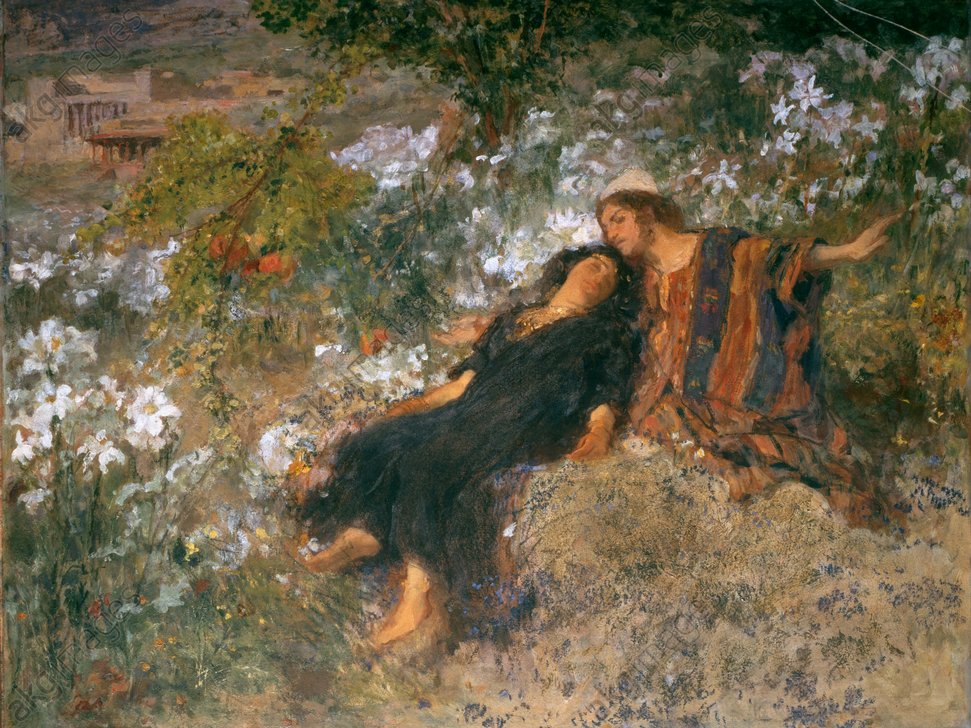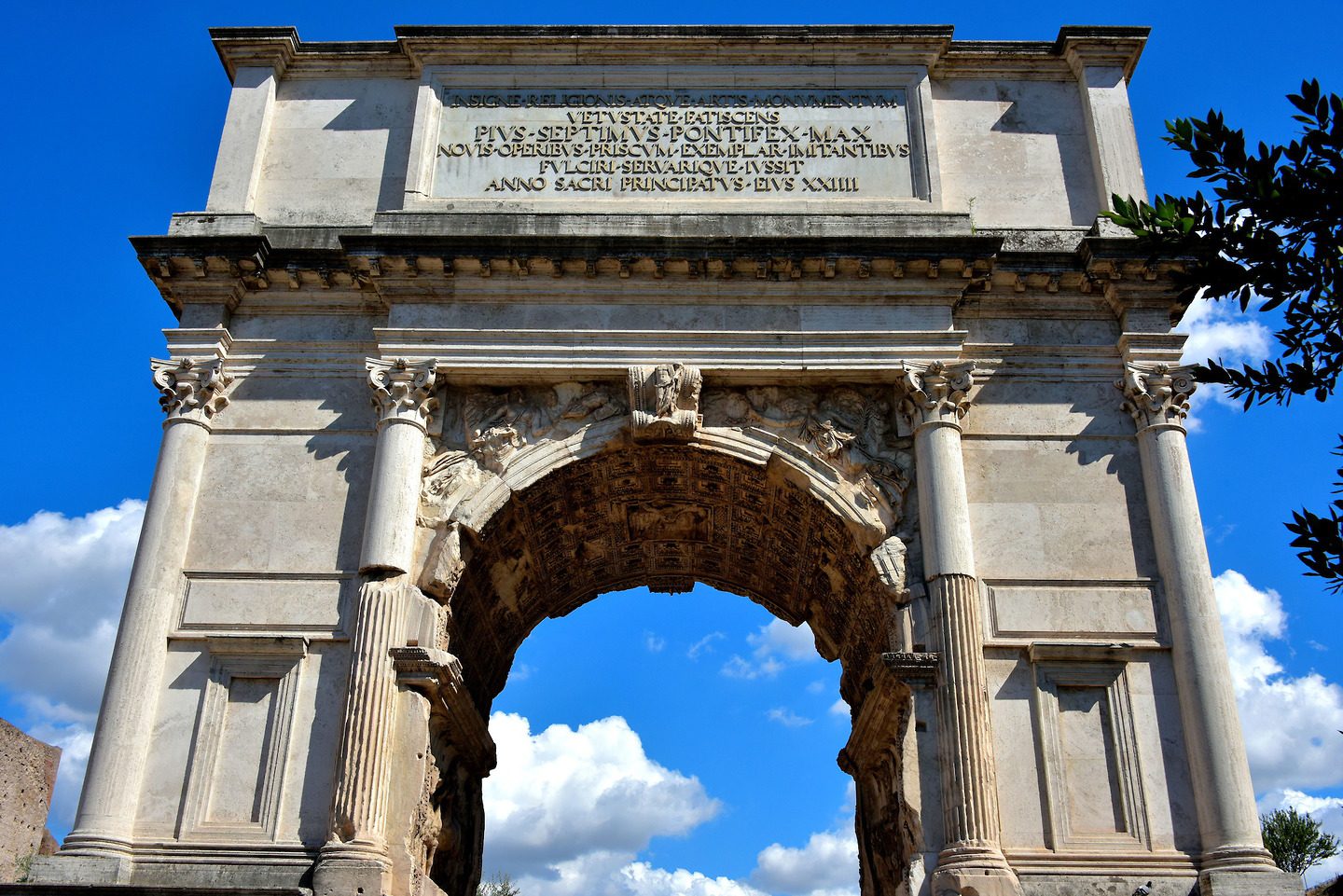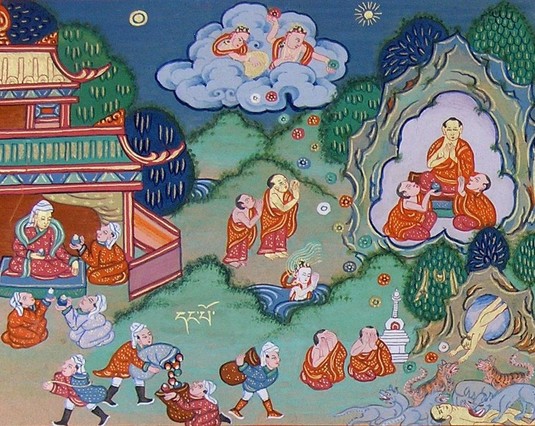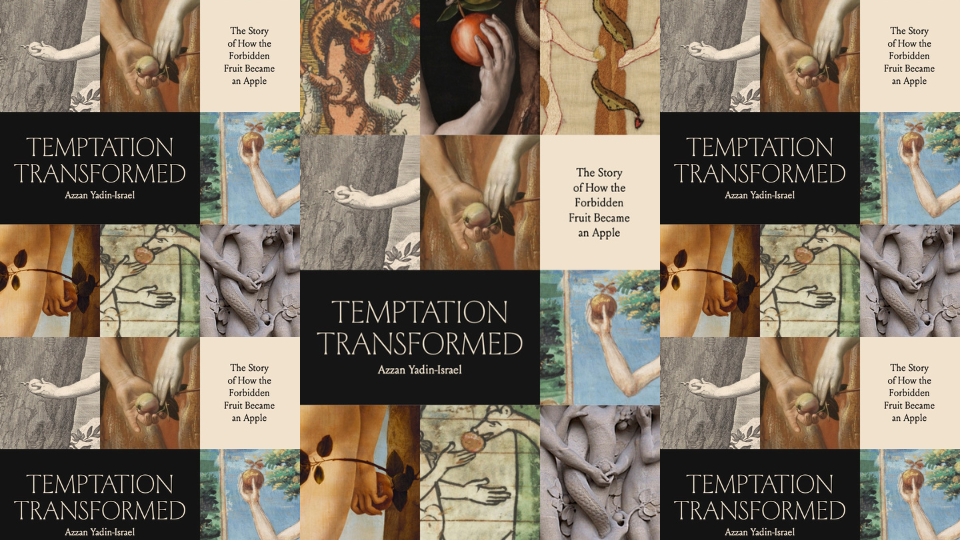CSR
“Surely There is No Fear of God in This Place” – The Biblical Plagues and OUR Plague: An Anthropocentric “Theology” and a Lesson for Our Times
**Please note this talk has been postponed to Wednesday, December 1 at 12pm via Zoom** The onset of the coronavirus brought with it a slew of perverse efforts to identify the ‘sinful’ behaviors for which the plague was God’s punishment. Through an analysis of “Vehaya im Shamoa”(Deut.11:13-21) I offer an alternative understanding of...
Song of Songs, Time after Time
Haines 39/ZoomThe Song of Songs has been subject to numerous and varying interpretive approaches since its emergence. Drawing from her recently published book, Perils of Wisdom: The Scriptural Solomon in Jewish Tradition, Dr. Keiter will focus on varying Jewish interpretive strategies toward the Song, highlighting the development of Jewish biblical exegesis and its impact on the...
The Ten Commandments: Who What When Where Why
Kaplan 365For over two thousand years the Ten Commandments have been understood as the fundamental set of divine laws in the Hebrew Bible. Even for those who do not believe that Moses wrote the Pentateuch, the Ten Commandments have retained their place as especially ancient, and especially important in the religious and communal life of Israel....
Losing Control of the gods: How Religion Slipped Out of the Hands of Men in the Early Roman Empire
Dodd Hall 248The dignified and extravagant public rituals of Romans - ancestral institutions as the last generations of the Republic imagined them - definitively failed in the last century BCE. Future senatorial priests presided only over the cults of a city that was less and less a capital. In place of a narrative of early imperial religion...
Wolakota kagapi: The Study of Peace Making on the Pine Ridge Indian Reservation
314 Royce HallUnfortunately, the Center for the Study of Religion must postpone this event due to extenuating circumstances. We apologize for the inconvenience, and look forward to welcoming you at our next event. The Oglala Lakota Peace Making Team, was instrumental in putting together a number of training sessions for community members to become Peace Makers....
Antisemitism in the Pagan World
Royce Hall 306/ZoomWhat counts as antisemitism? Did antisemitism exist among Greeks and Romans? How far and how deep did hostility to Jews extend in the pagan and pre-Christian world? What impact did it have on Jewish experience in the period of the Second Temple? In short, was there a "Jewish problem" in Greco-Roman antiquity? Co-sponsored by...
Tending the Garden: Ahimsa in the Early Indian Literature
314 Royce Hall/ZoomSource: Shakyamuni Buddha - Jataka (Previous Lives). 1800, Zanabazar Mongolia National Museum, Mongolia, https://www.himalayanart.org/items/50191. Accessed 22 Sept. 2022. The practice of ahiṃsā (non-violence) has a long and illustrious history both in South Asia, where it originated, and elsewhere. This talk will tour a selection of the rich body of texts composed by Jains, Buddhists...
History and Ideology: Is There A Second Temple Judaism?
Haines 39/ZoomPeriodization is a critical tool for historians, but it is also practice fraught with difficulty. As scholars have come to recognize, the division of historical narratives into broad analytic rubrics is anchored in the ideological commitments—often implicit and unrecognized—of their authors. A great deal of work has been devoted to examining these questions as they...
How the Forbidden Fruit Became an Apple
Haines 39/ZoomWith the exception of the cross, the apple—as the forbidden fruit—may be the most widely-recognized biblical image. Yet the Book of Genesis in the Hebrew original does not name the species of fruit that caused the Fall of Man, nor do any of its many translations. While early Christian and rabbinic commentators identify various species...
Ancient Judaism between Christian Memory and Jewish Forgetting
Royce Hall, Rm 314Drawing on her in-progress book project on Forgetting, this seminar will explore the place of memory and forgetting in the reception of Second Temple Judaism, revisiting the supposed Rabbinic retreat from "history" after the Roman destruction of the Temple in 70 CE and exploring Christian and Jewish contestation over pre-70 Jewish pasts, from antiquity...








